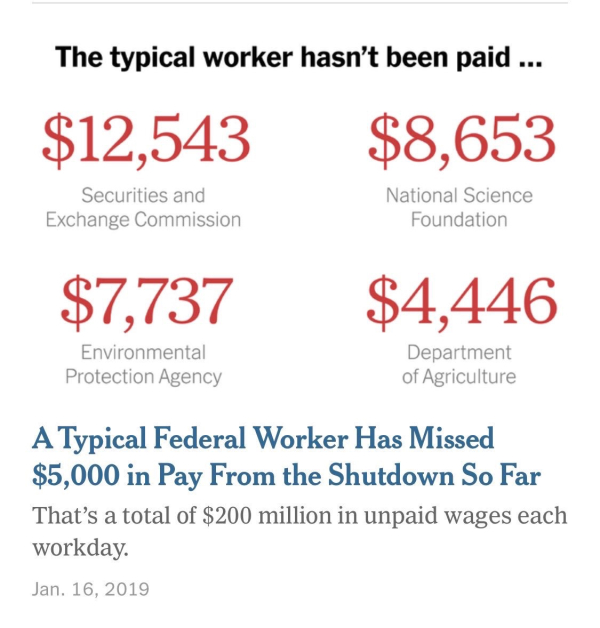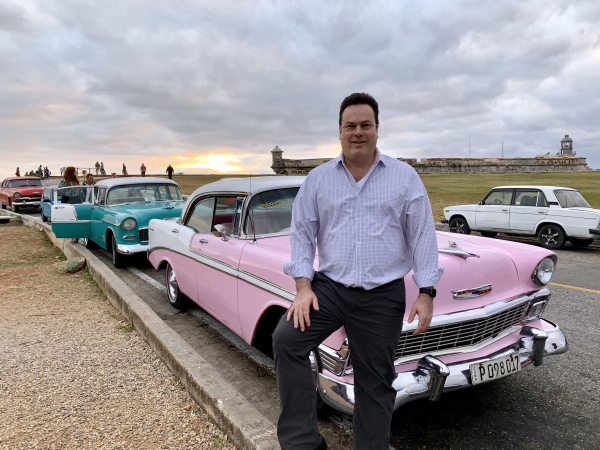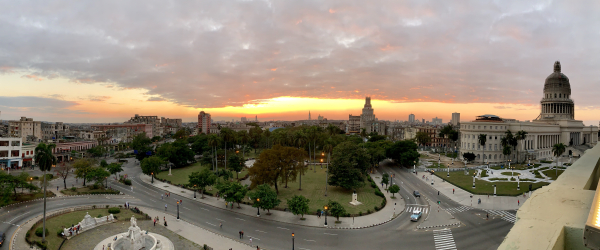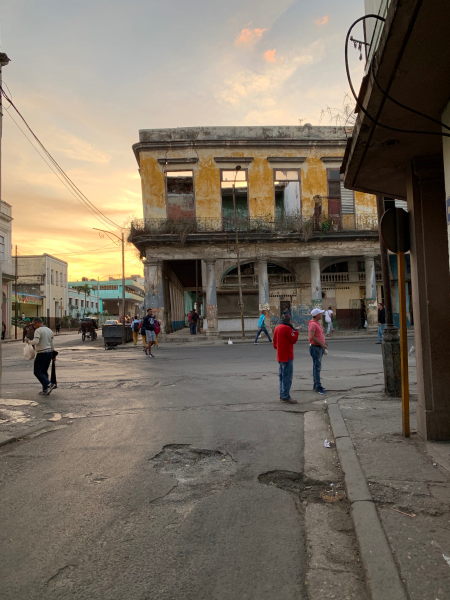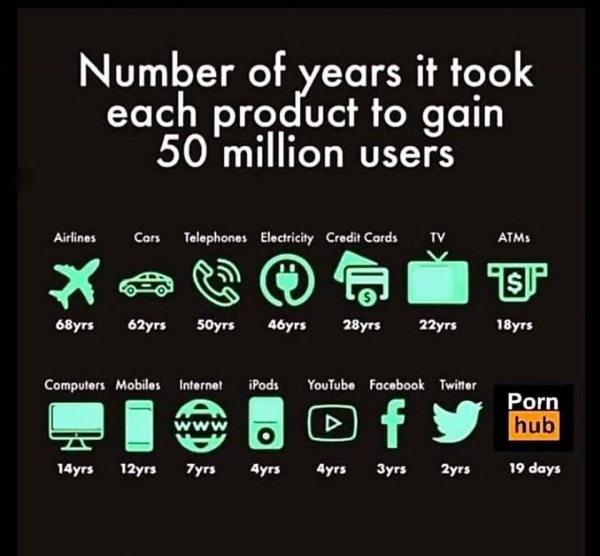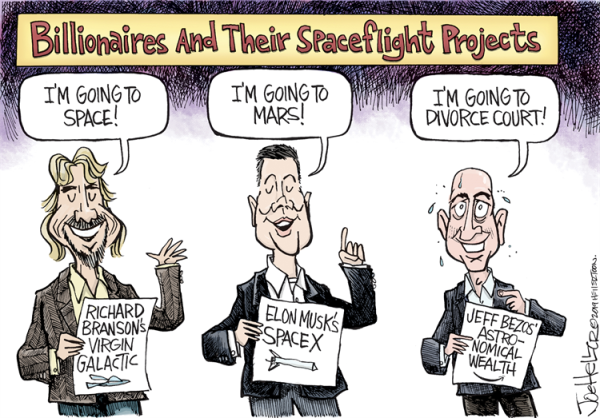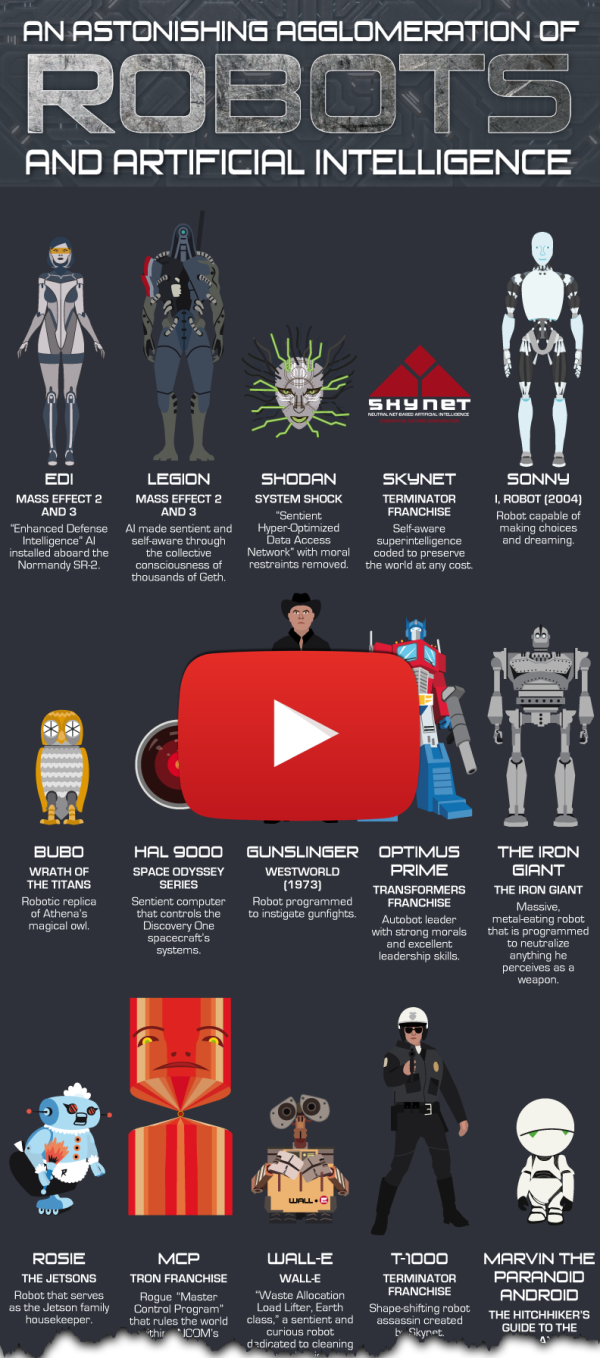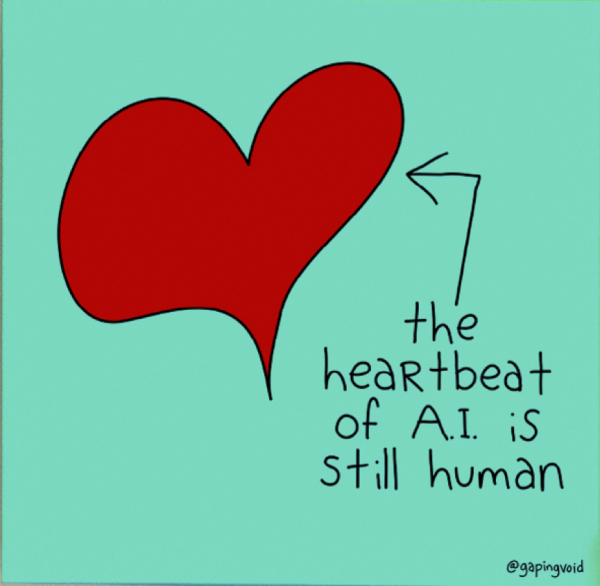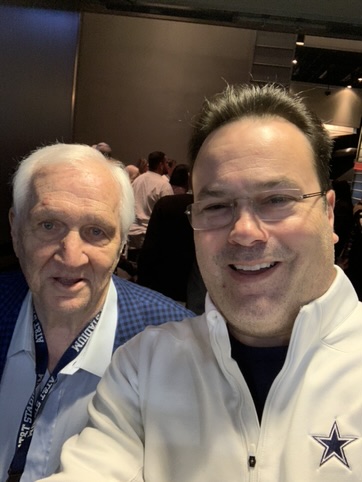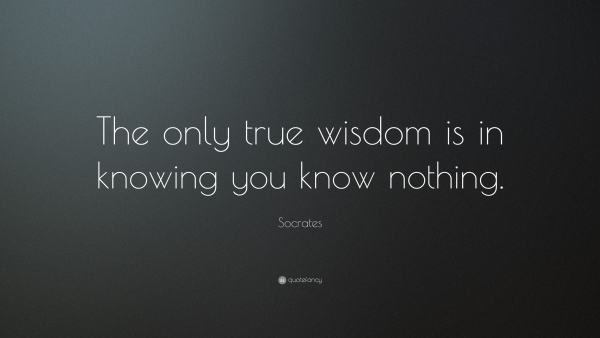
As humans, we can only interpret based on what we know … and for the most part, we don't know what we don't know.
In the beginning of artificial intelligence, humans would teach computers certain rules (or tell the computer that it should optimize on a certain measure). Now, computers are capable of figuring things out themselves.
The success of AI at deep learning or reinforcement learning is about to sky-rocket. The technology and the learning frameworks are progressing quickly … combine that with hardware advances and expect to be amazed.
Recently, a Deep Learning computation-imaging system correctly predicted which patients were pending heart failure with 97% accuracy - compared to human pathologists who are correct approximately 74% of the time. That is a meaningful difference, especially if the life at risk is yours (or that of a loved one).
And that's only one example. There's an AI assistant in Denmark that listens to the equivalent of 911 calls and diagnoses heart problems and predictive analytics is often used in actuarial sciences, social networking, and in many financial service applications.
Computers Don't Get Distracted
Error is not a fault of our knowledge, but a mistake of our judgment giving assent to that which is not true. – John Locke
It makes sense that these machines can be more accurate than humans because ultimately, many of these applications are essentially checklists. The machine looks for symptoms a, b, and c, compiles, and then analyzes for the cause.
Machine logic is great at that. Human logic … not so much. There are too many distractions, biases, and a tendency to relate current situations to past ones.
When it comes to markets, we're victim to a lot of survivorship bias. Looking at markets and patterns has worked great for survivors – purportedly … but what percentage of active traders beat the S&P more than 1 year in a row? The answer is a staggering minority.
As humans, we're often victim to what I like to call:
The "Nightlight in the Dark" Phenomenon.

A nightlight makes you feel safer – but likely won't keep you safe from anything that's trying to hurt you.
When you're in Vegas you may have strategies and rituals that you think provide an edge – but it doesn't make you any more likely to beat their system.
In that same vein, tracking markets is a distraction agent in trading … You shouldn't care what markets are doing, you should care about how your systems are doing.
The paradigm shift is that with algorithms – and artificial intelligence – I don't care that I understand why something is working, I care that my systems are valid and performing well. I don't have to understand why it's valid – only that it's valid consistently over time.
All the best traders I know aren't looking for a better algorithm, they're looking for more ways to win.
Most AI methodologies are simple systems trained on extensive data lakes with simple goals … And that's a good thing.
Simple works. Simple is hard to break. Simple means there's likely more consistency. As well, as we get better at Swarm Intelligence, these simple systems can communicate with each other and benefit from the wisdom of the crowd.
Can Artificial Intelligence Replace Human Perception?
With trading, AI has been adopted because ultimately it's up to the individual/firm to apply … but what about highly regulated instances like autonomous cars or in a doctor's office.
Even when it works, if an AI gets the decision wrong it opens you up for huge liability (even if the AI is right more often than a human would be).
While AI is an inevitability – it's much slower in certain industries than others.
It's a long road ahead – but a necessary one.
Onwards!



